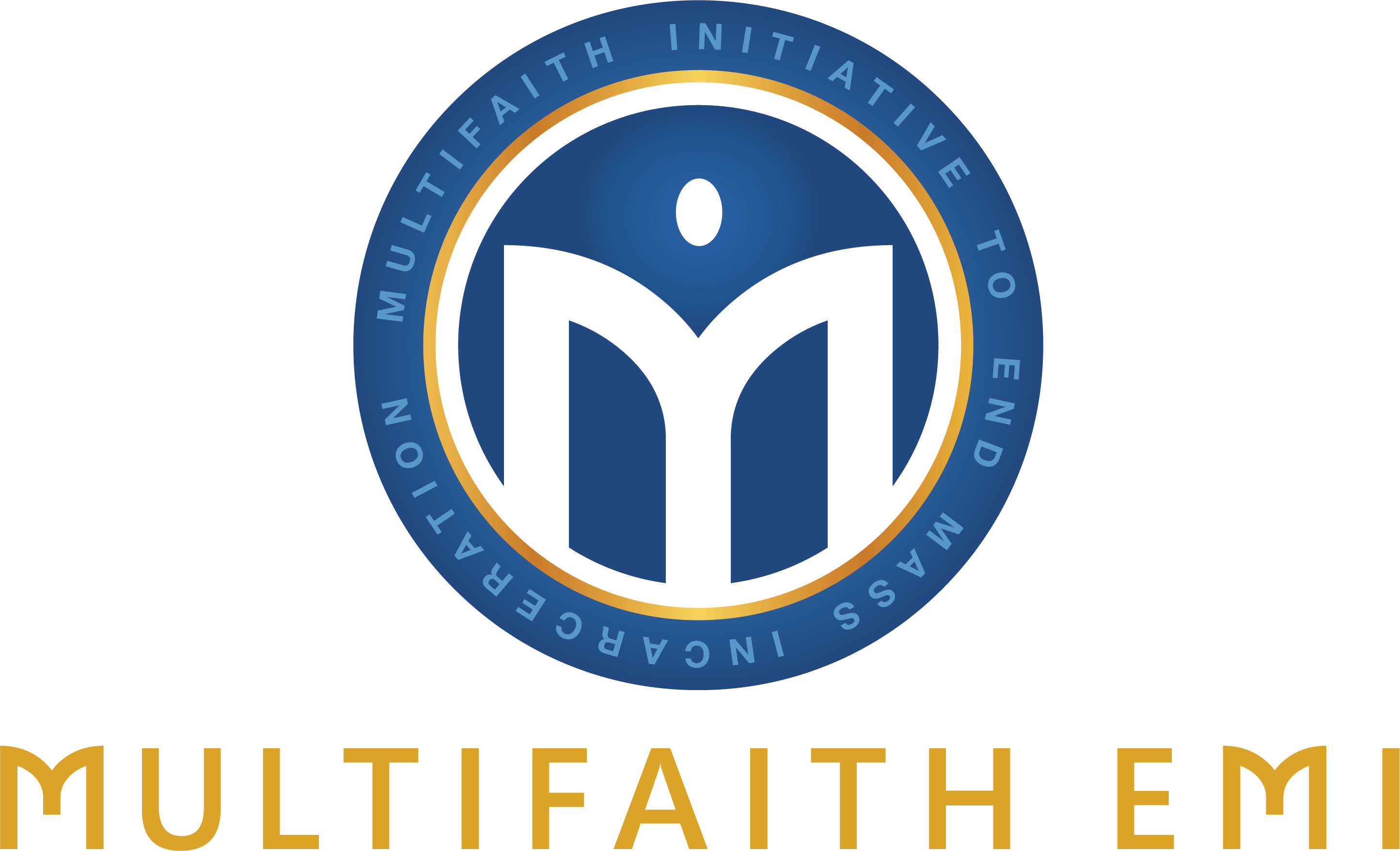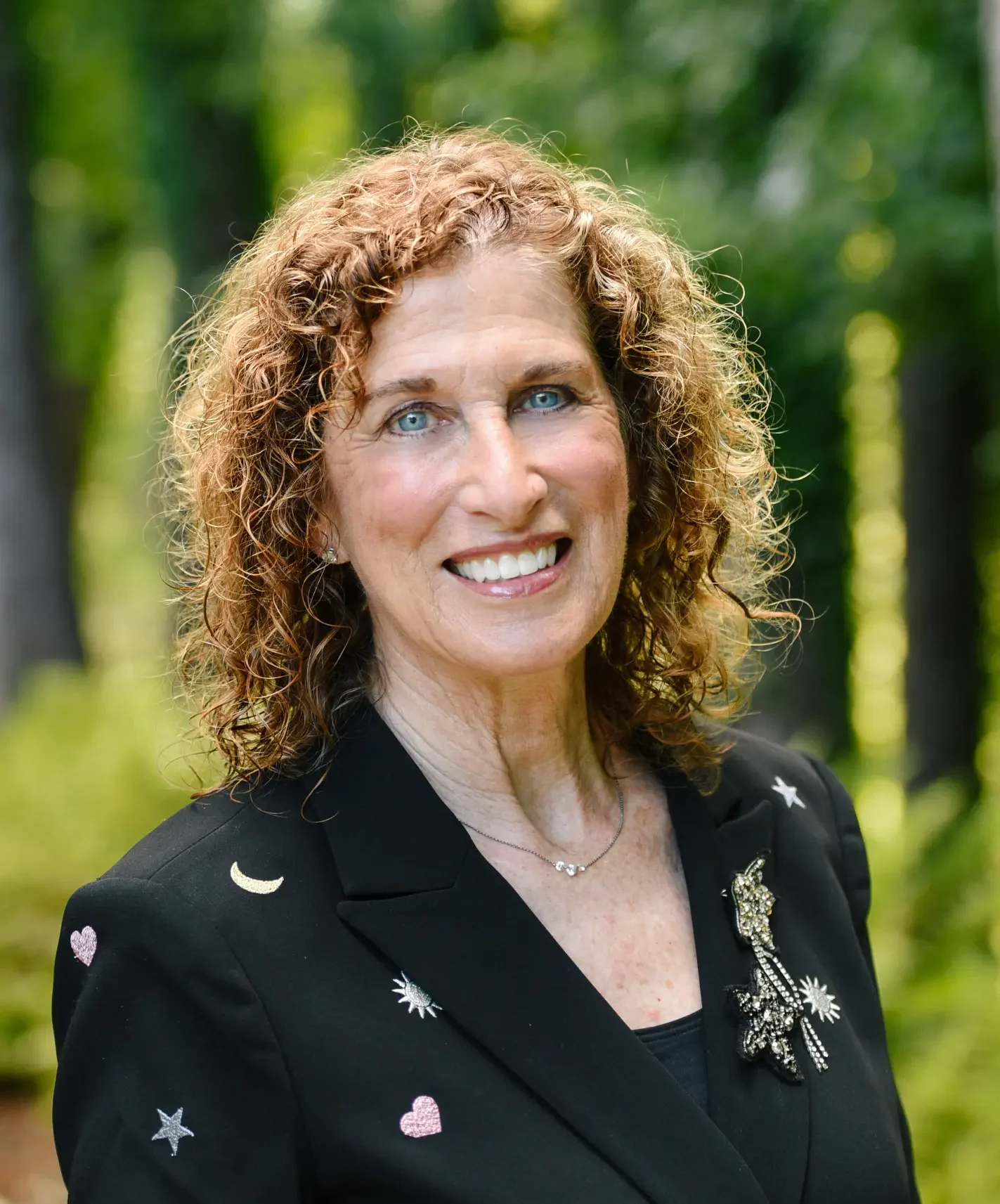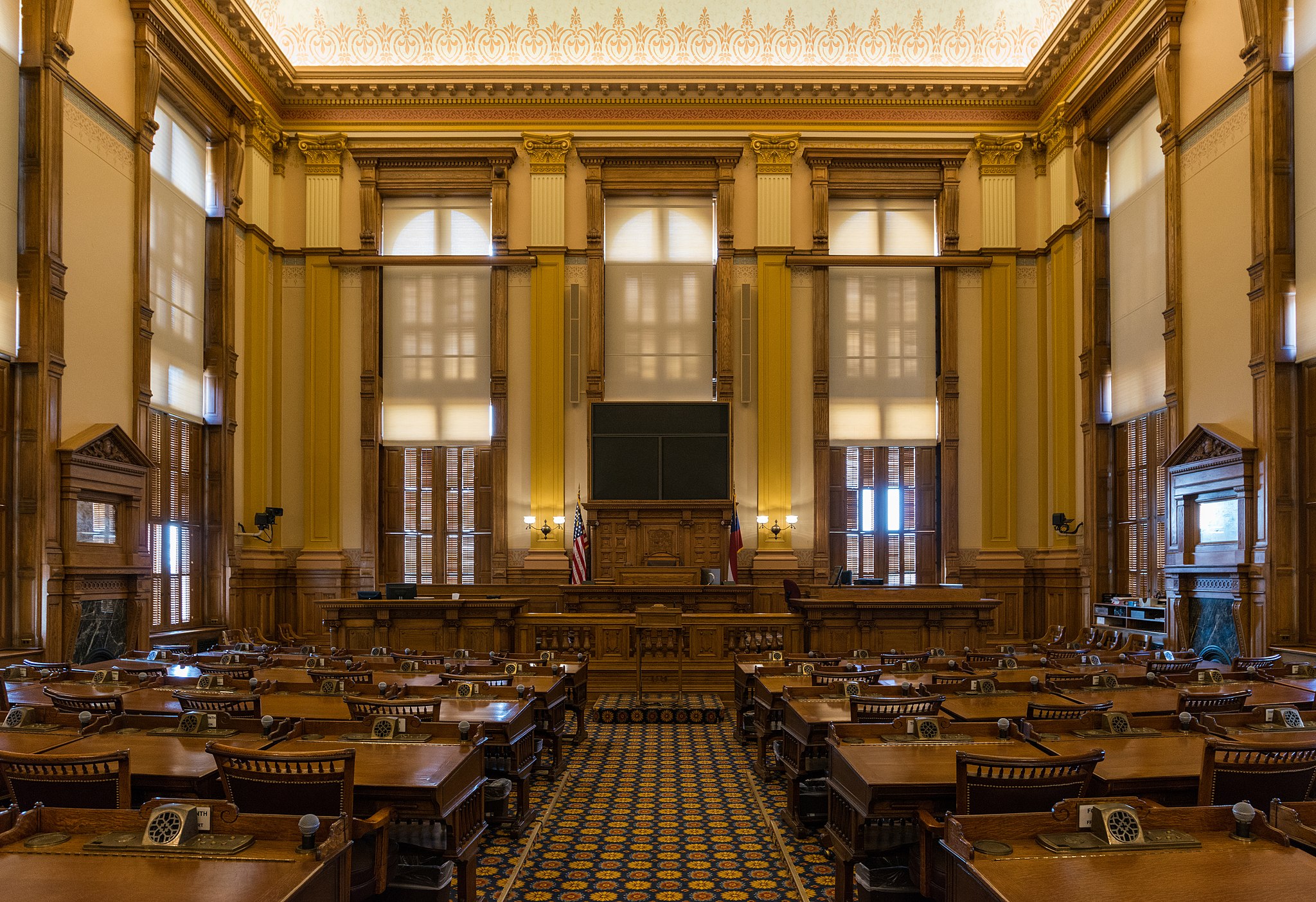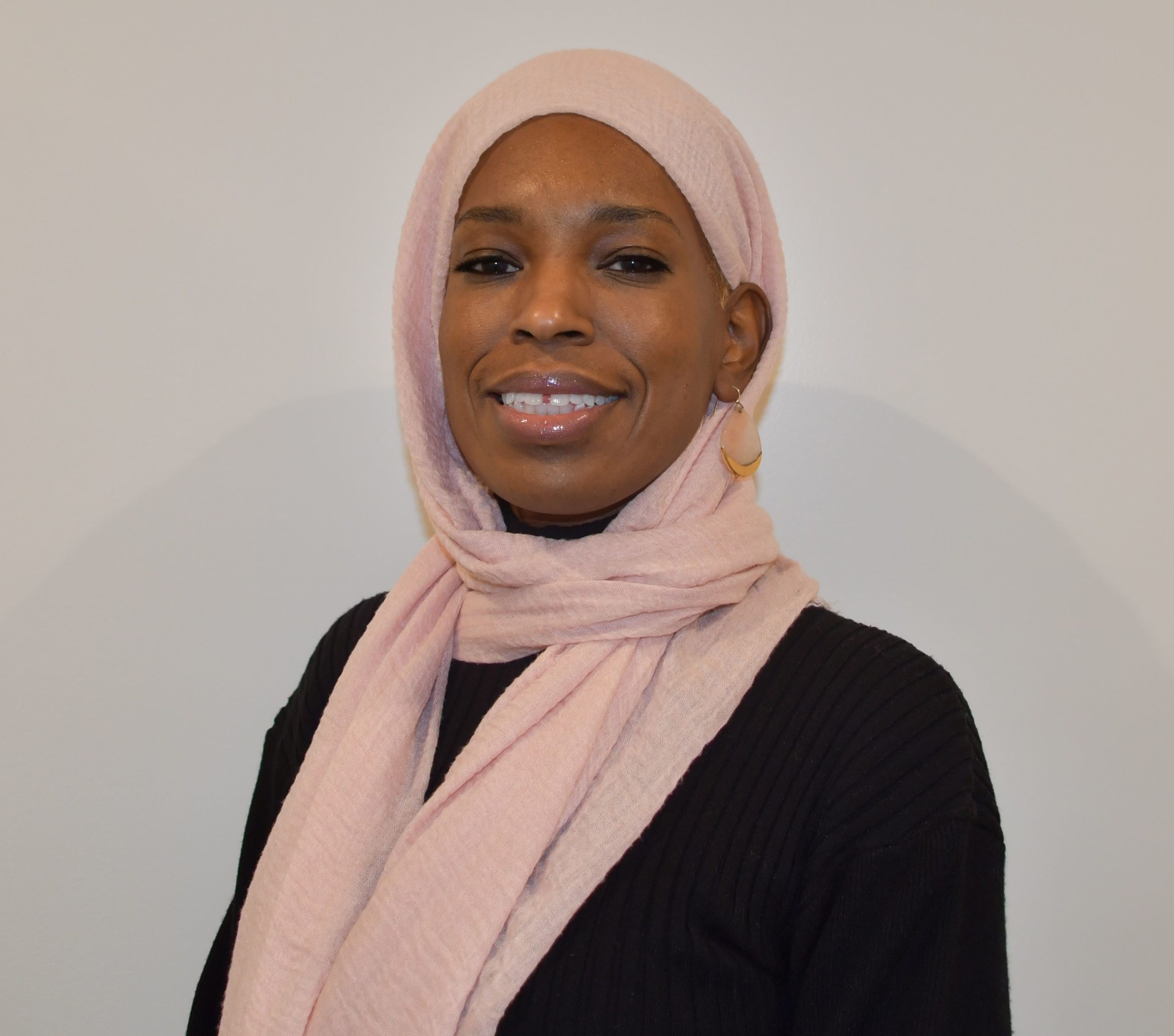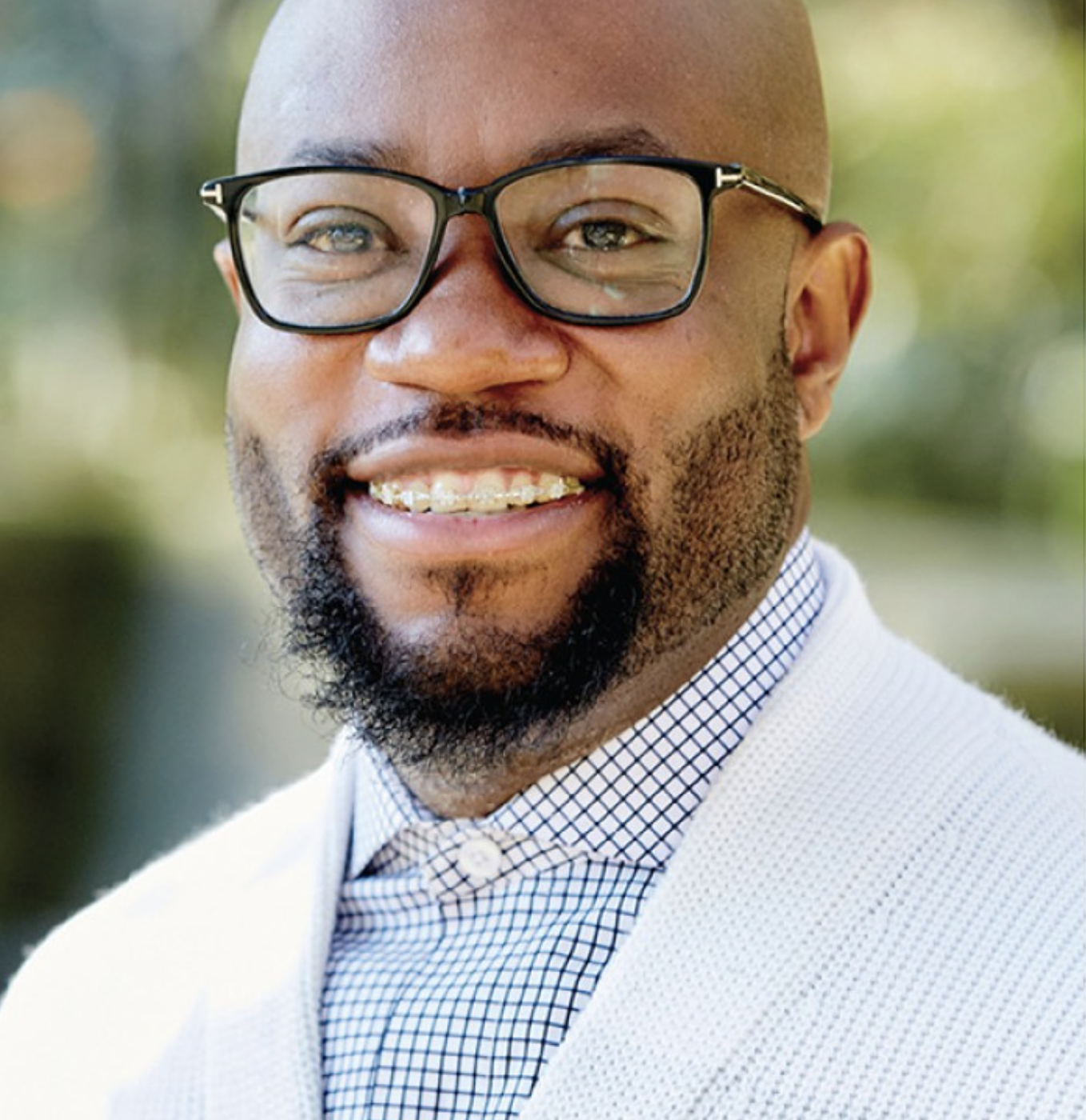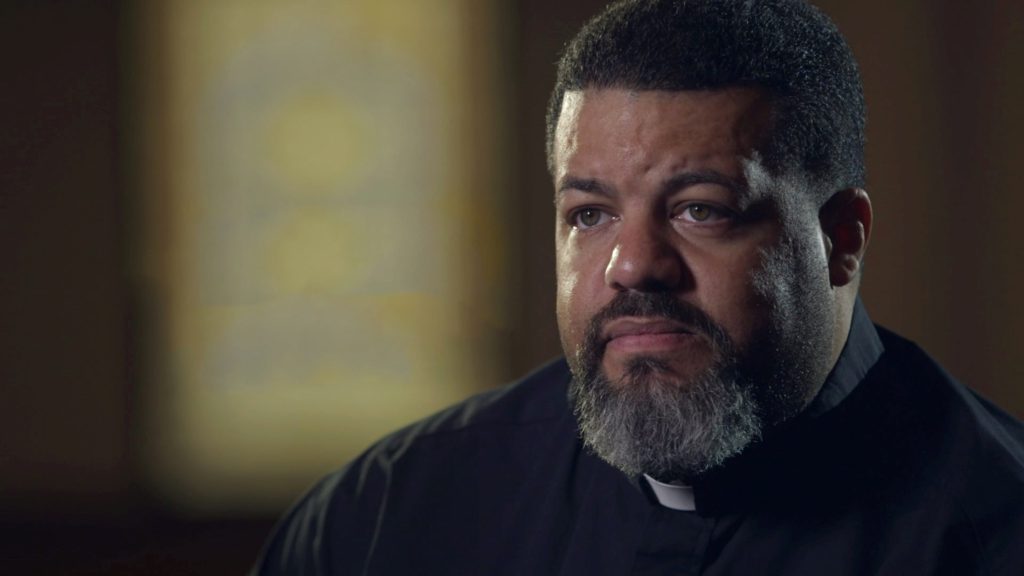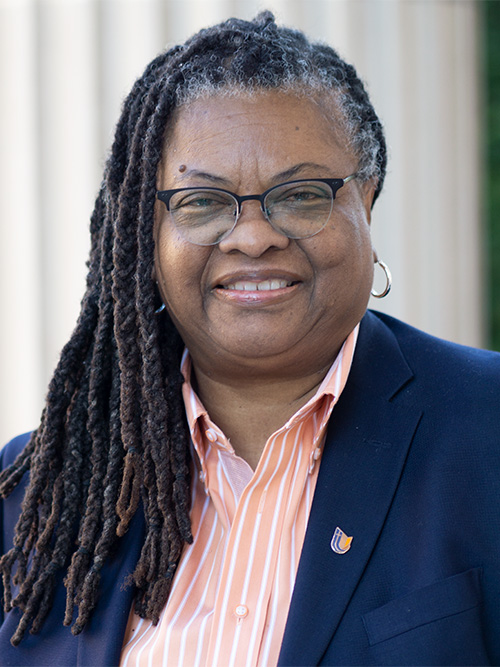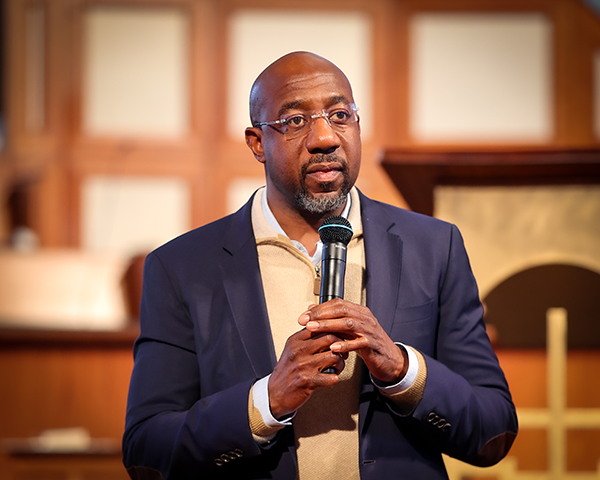As places that espouse love, forgiveness, and transformation, faith communities possess a unique opportunity and responsibility to play a crucial role in creating beloved communities for individuals who have been previously incarcerated. This article explores the compelling argument for why faith communities should actively engage in welcoming and advocating for justice on behalf of these individuals.
Core Tenets of Faith
Faith traditions universally emphasize values such as love, compassion, and forgiveness. These principles align seamlessly with the mission of creating beloved communities for those who have faced the challenges of incarceration. By embracing individuals with open arms and providing support in their journey towards rehabilitation, faith communities can embody the very essence of their core beliefs.
Redemption and Second Chances
Faith communities understand the transformative power of redemption and the concept of second chances. By actively participating in the lives of previously incarcerated individuals, faith communities offer tangible expressions of these beliefs. Welcoming individuals back into the fold, free from judgment, reflects the profound understanding that everyone is deserving of an opportunity for renewal and restoration. Faith communities serve as natural extensions of the concept of the beloved community—a place where individuals experience a sense of belonging, acceptance, and support. For previously incarcerated individuals, the journey toward reintegration is often fraught with challenges. Faith communities can act as healing spaces, providing emotional, spiritual, and practical support to aid in the rebuilding of lives and fostering a sense of community.
Collective Advocacy for Justice
Faith communities, with their collective voice and moral authority, are well-positioned to advocate for justice reform. By leveraging their influence, these communities can champion policies that prioritize rehabilitation over punishment, seeking to address the root causes of criminal behavior rather than perpetuating cycles of incarceration. Through advocacy efforts, faith communities can contribute to the creation of a more just and equitable society.
Stigmatization is a pervasive challenge for those who have experienced incarceration. Faith communities, by embodying principles of non-judgment and compassion, have the power to break this cycle. By actively working to erase the societal stigma associated with criminal records, these communities can pave the way for individuals to reintegrate successfully and become positive contributors to society.
Fulfilling the Mandate of Social Justice
Many faith traditions emphasize a commitment to social justice and care for the marginalized. Getting involved in the lives of previously incarcerated individuals aligns with this mandate, as it addresses the systemic injustices within the criminal justice system. Faith communities can serve as advocates, working towards a more compassionate and equitable society that recognizes the dignity and worth of every individual.
Faith communities, grounded in the principles of love, redemption, and justice, possess a unique capacity to foster beloved communities for previously incarcerated individuals. By actively engaging in their rehabilitation, advocating for justice reform, and breaking down societal stigmas, faith communities can play a pivotal role in the transformative journey towards a more compassionate and inclusive society. In doing so, they fulfill their mandate to be agents of positive change, embodying the true spirit of love and justice for all.
